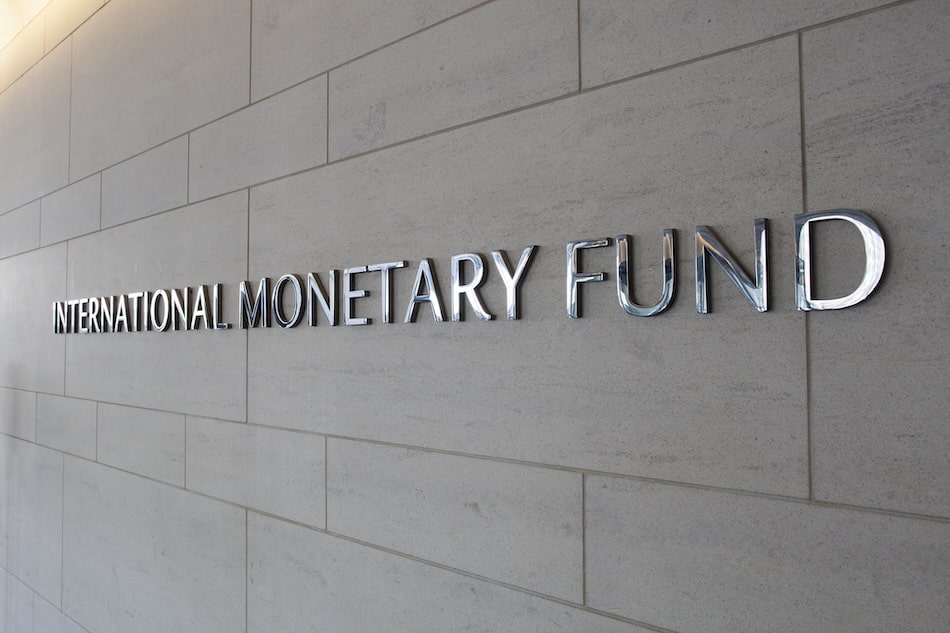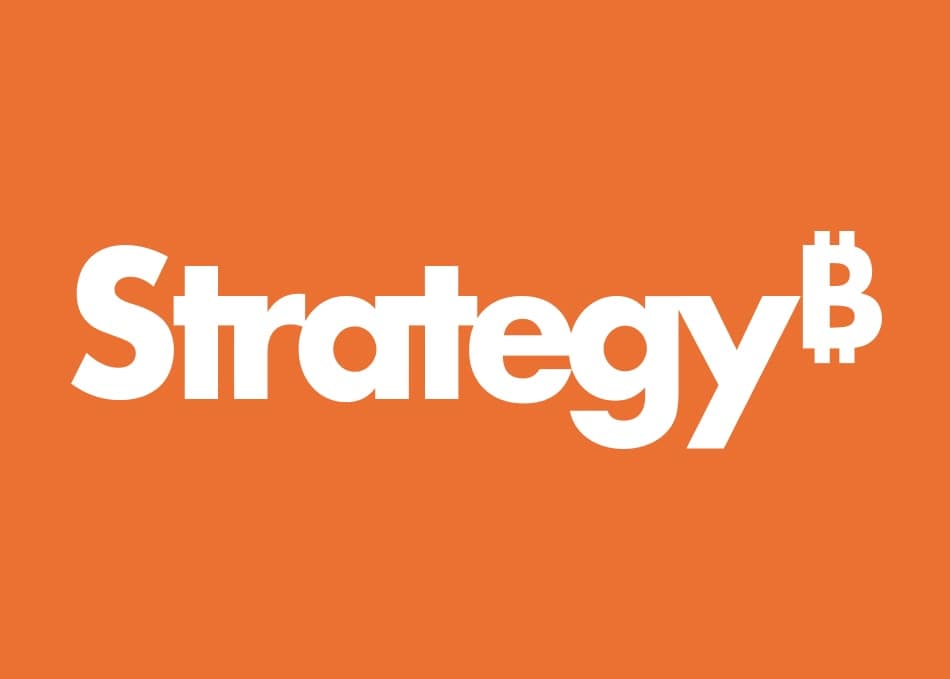
Key Takeaways
- IMF aims to stop El Salvador from increasing its bitcoin holdings.
- The country agreed to limit bitcoin activity in exchange for a $1.4 billion loan.
- El Salvador added 8 BTC after the IMF reiterated restrictions.
The International Monetary Fund announced Tuesday that it will “ensure” El Salvador does not increase its current bitcoin holdings, reaffirming restrictions tied to a $1.4 billion loan agreement.
President Bukele’s response
This position directly challenges President Nayib Bukele’s continued push to expand the country’s bitcoin portfolio.
Bukele posted on X in March:
No, it’s not stopping. If it didn’t stop when the world ostracized us… it won’t stop now.
Details of the IMF agreement
The IMF’s stance follows a staff-level agreement reached during the first review of El Salvador’s 40-month Extended Fund Facility deal.
The program, finalized last December, stipulates that El Salvador must limit bitcoin-related activities as a condition of receiving the full financial support package, which could total $3.
5 billion when including potential contributions from other institutions like the World Bank.
Amendments to El Salvador’s Bitcoin law
Following the initial agreement, El Salvador’s Congress amended its Bitcoin Law to reflect IMF terms, notably making bitcoin payment acceptance optional in the private sector.
The IMF Executive Board approved the deal in February, unlocking an initial $120 million for the country.
Recent bitcoin purchase and IMF’s concerns
Despite the restrictions, El Salvador’s Bitcoin Office confirmed a new purchase of 8 BTC shortly after the IMF’s announcement, bringing total government holdings to 6,190.18 BTC.
The country claims over $357 million in unrealized profit from its bitcoin stash, according to a post last week by Bukele.
Bukele’s reaction to IMF’s concerns
While the IMF emphasized the potential risks of bitcoin reserves that “have not yet materialized,” Bukele reshared the announcement without addressing the IMF’s restriction on further purchases.




